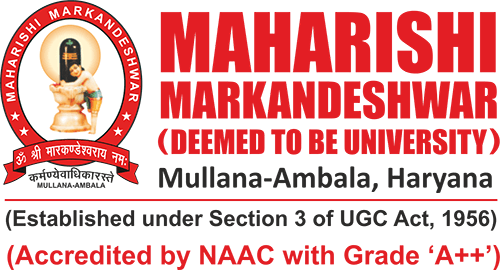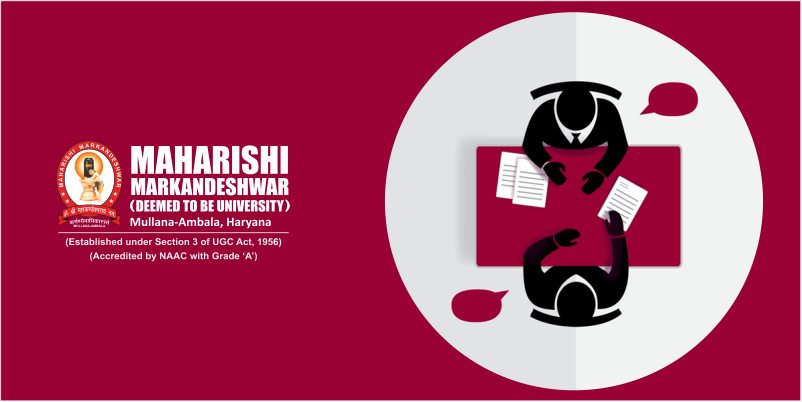Nothing can be scarier than standing before a scrutinizing panel especially for something as important and life-changing as placements. Performance during these interviews is a critical doorway into future careers and should, therefore, be impeccable and reproachable. Here are a few tips and tricks that can make the experience way more rewarding as well as bolster your confidence for a smother session.
You May Also Like: Importance Of Placements While Choosing A College
Forewarned is forearmed
Most of our fears as people are simply based on the unknown. This means that as long as you have little or no information about the interview then you are bound to mess up more. A quick investigation should, therefore, be of priority to find out the premise of the interview. Familiarise yourself with the interviewers’ information like the company name and business, job posts available, history as well as any other relevant information. This will definitely give you an edge over other interviewees that go in blindly.
The best way to sniff out such relevant details is probably through peers. More often than not, other students have already done this sort of interview whether in your same class or those in classes ahead. This snooping should also extend into the interview itself. When given the opportunity, casually query the interviewers as to their exact preferences and use that to your advantage while answering questions, updating resumes or in follow-up interviews.
Career Fairs
These fairs are a great opportunity for interview practice. The recruiters at the career fairs are usually part of the team that interviews potential employees and can, therefore, give a very valuable insight into the general requirements of recruiters as well as their interview styles.
Supplements
Claiming to be knowledgeable about a particular subject is pretty easy during interviews however nothing validates a candidate more than supporting evidence or ‘supplements’. These can range from achievement awards or even participation certificates from previous engagements. This will set you apart from other candidates and act as proof that you actually know what you are talking about.
Group Skills
A growing number of employers have adopted the group interviewing technique. It’s therefore pretty easy to be overshadowed in such a setup by the more charismatic potentials. Be ready to fight for your own audience and stand out from the rest. Be very assertive when speaking to avoid interruptions and be quick to jump at any opportunity that requires initiative. In these setups, the employer is probably more concerned about the leadership abilities hence it’s important not to hesitate if given the opportunity to conduct any process for any group or make any decision. At the same time, show teamwork traits by considering the opinions of your peers and giving others the opportunity to express themselves.
Situational awareness
The interviewers are probably aware that you have been preparing for the interview in anticipation of their questions. They will, therefore, try to catch you off-guard with scenario-based questions. While little can be done to prepare for this, the important thing is to respond based solely on the proposed scenarios and demonstrate that you can pay attention to your surroundings and can respond accordingly.
Dressing
This is probably the most obvious of ways to make sure your interview is smooth. The issue of perceptions and impressions is very much a reality. As soon as you walk in, the whole panel will judge you for your appearances before you even open your mouth. Dress as neatly as possible; formal wear being the utmost suitable dressing regardless of the industry.
Also Read: These Qualities Will Get You Hired During Campus Placement
Conduct
Like any other human, you are bound to make errors and slips. This is a great opportunity to demonstrate your ethical conduct traits by simply admitting to any mistake without trying to sugar-coat or pull a fast one on the interviewers. Also, don’t hesitate to admit insufficient knowledge (hopefully not ignorance) about any subject that is brought up. Show your willingness to learn by asking follow-up questions on subjects that you have little information on. When in doubt, don’t cringe and show despondency but rather confidently elaborate the little that you know and propose to further look into the issue at another time.
Hopefully these brief tips will help you secure favour in the eyes of the interviewers. Good luck!


